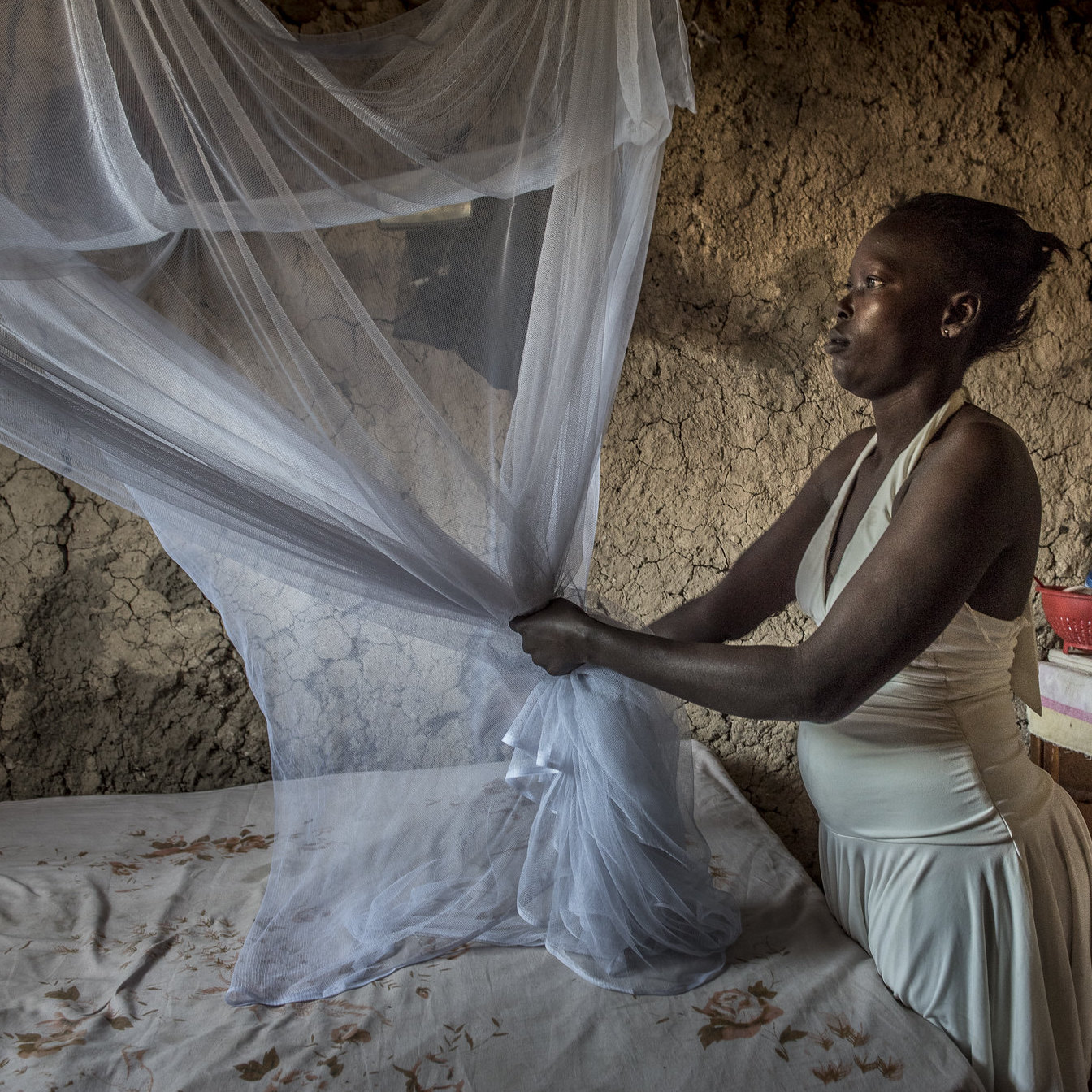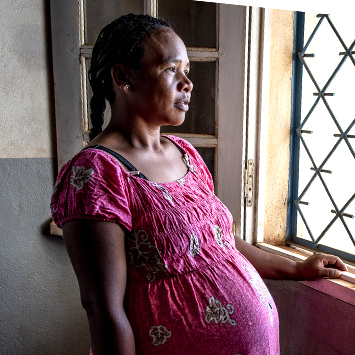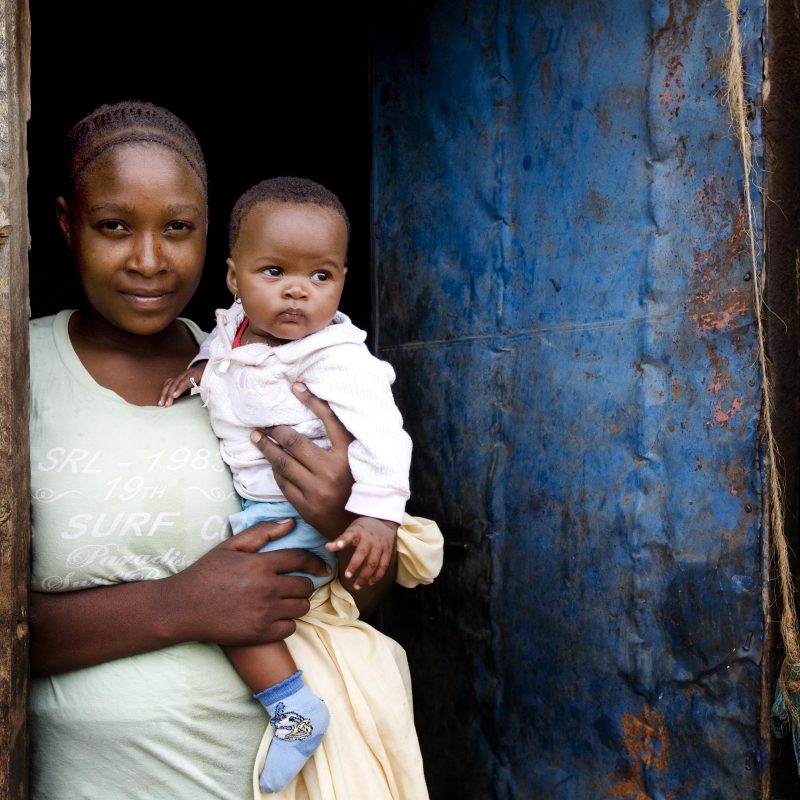Why are pregnant women at risk
of malaria?
Pregnancy reduces a woman’s immunity to malaria, which makes her more susceptible to malaria infection and increases her risk of illness.
In pregnant women, malaria can lead to severe anemia, spontaneous abortion (miscarriage), stillbirth, premature delivery, delivery of low-birthweight babies and death. Women in their first pregnancy are most at risk. Even when a mother does not appear to be ill, malaria parasites can be present in the placenta and contribute to maternal anemia. The use of intermittent preventive treatment in pregnancy (IPTp) reduces these risks and should be part of routine antenatal care in moderate and high transmission areas.
How we make an impact
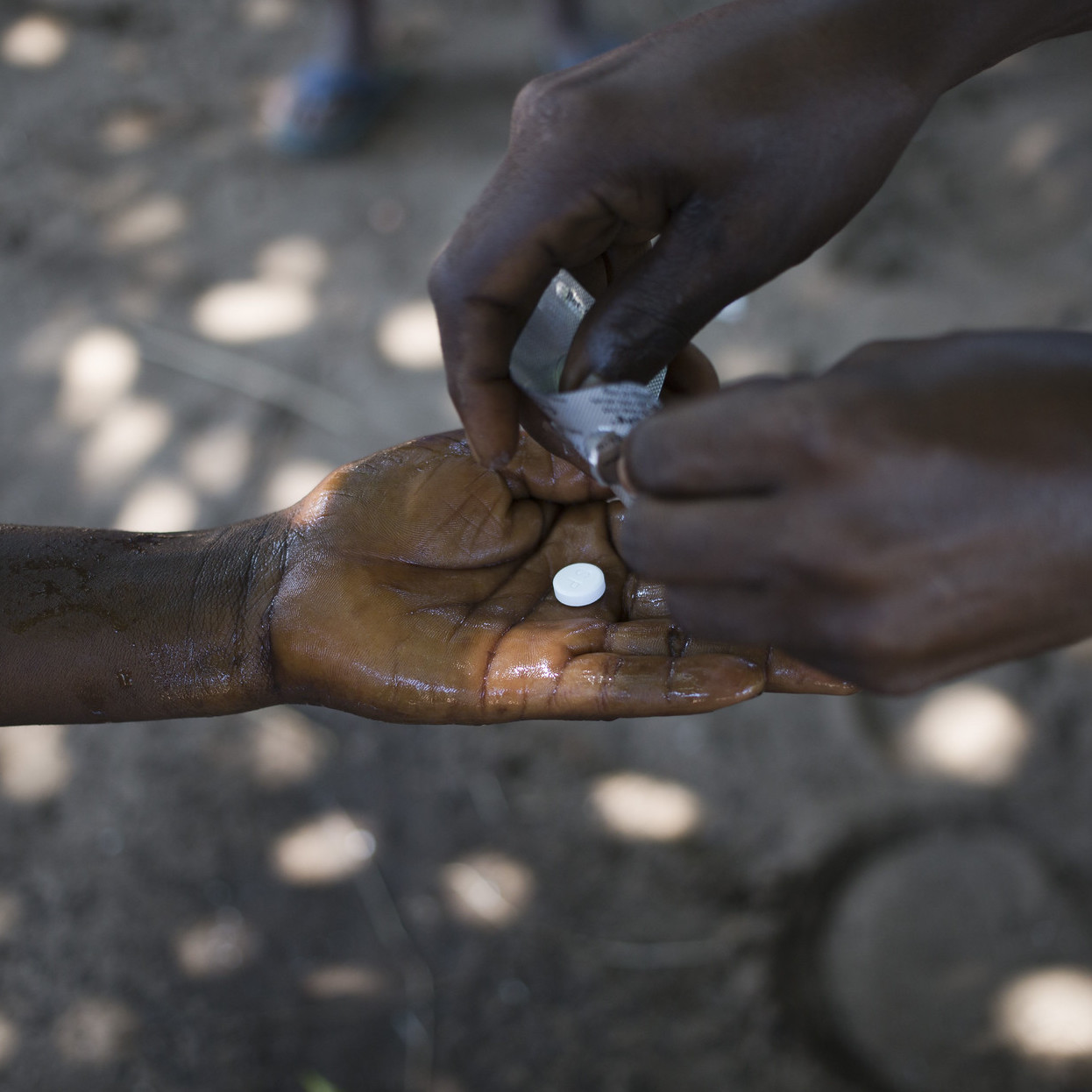
Intermittent preventive treatment
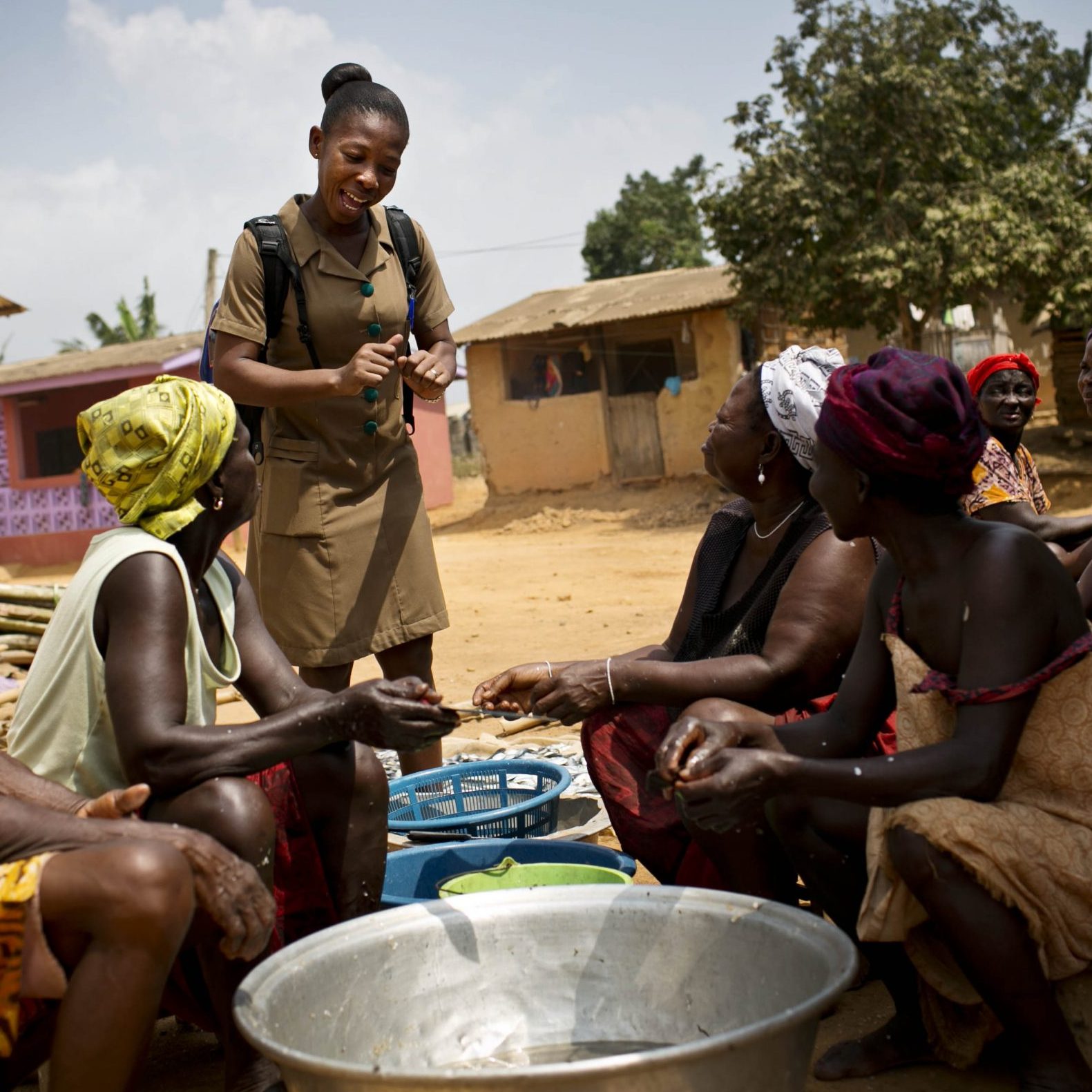
Effective case management of malarial illness
A game changer for the treatment of malaria in pregnancy: ACTs in 1st trimester
On November 25, 2022, the World Health Organization updated the guidelines for the treatment of uncomplicated malaria in the first trimester of pregnancy to include artemether-lumefantrine (AL) as the preferred treatment option. The long-awaited updated recommendation is based on an evidence review of the safety of artemisinin-based treatments (ACTs) used in early pregnancy.
Why are we so excited about this change?
- A highly effective malaria treatment with fewer side effects is now recommended for everyone, regardless of pregnancy status.
- AL offers the opportunity to shorten treatment duration for pregnant women from seven days to three days, and as a result, increases treatment adherence.
- Providers’ work is simplified, eliminating differing treatment guidelines for various populations.
- Malaria supply qualification and management can be streamlined.
- This guideline update is an opportunity for national stakeholders to come together to improve the access to, quality and coverage of malaria in pregnancy interventions.
Learn more in the RBM Malaria in Pregnancy Working Group’s brief, ACT use in 1st trimester – Interagency Technical Brief (in English, French and Portuguese or recorded webinar on the subject).
In 2023, Jhpiego supported programs in 20 countries and reached:
1,631,799
pregnant women received three doses of intermittent preventive treatment.
2,565,575
pregnant women received an insecticide-treated bed net.
